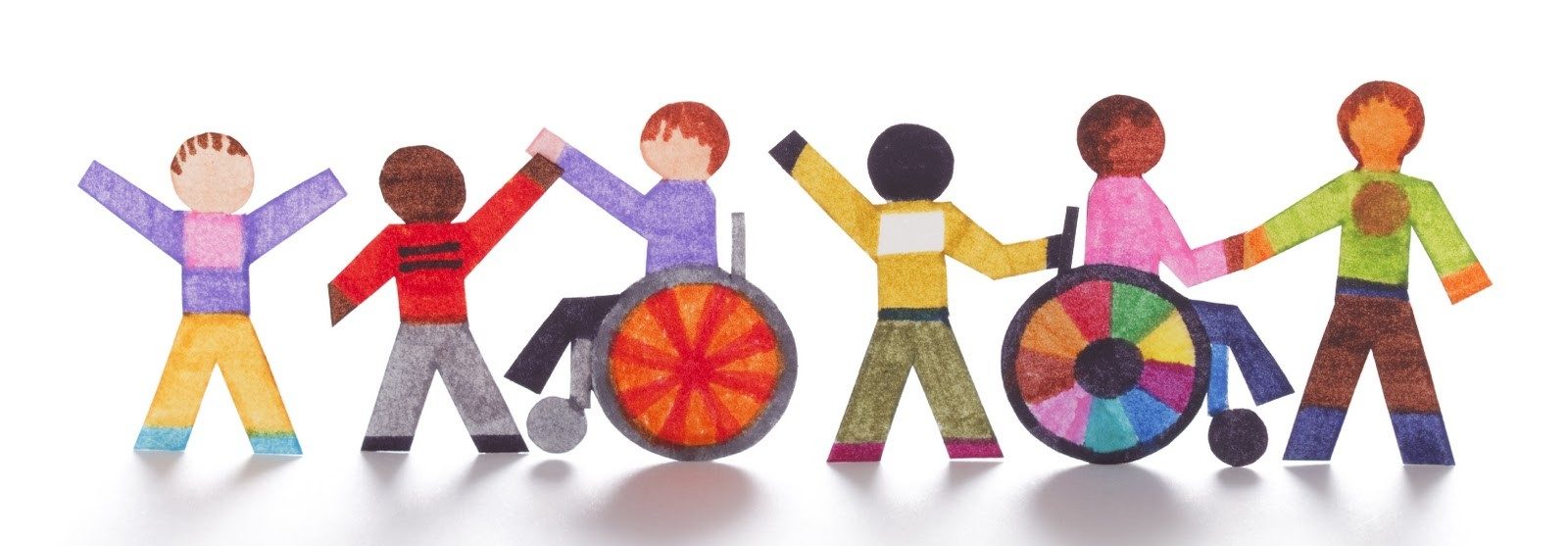Peer-reviewed literature discusses communication problems between parents and teachers when making educational decisions for students with disabilities.
Both teachers and parents have a large amount of authority over the educational services received by students with disabilities. The Individuals with Disabilities Education Act mandates an appropriate education for all children with disabilities, but it does not outline specifically what this means (Timberlake, 2016). An appropriate education is different for every student. Thus, it is up to parents and educators to determine the best path, which is a large responsibility, particularly because the answers are not often evident. As one special education teacher said, in reference to making choices about a student’s special education, “I’m sometimes not sure if there is a ‘right’ decision or not. . . to be honest, sometimes it’s a guess—my best guess at the time” (Timberlake, 2016, p. 203).
The degree of uncertainty that goes into making educational decisions for children with disabilities underscores the importance of having everyone—parents, teachers, and others who know the child well—be part of the decision-making process. Parents come with a lifetime of experience regarding their individual child, but teachers are often better equipped with legal and professional knowledge about available services. Unfortunately, collaboration is often complicated. For a variety of reasons, parents are often less involved in their child’s education than they would like to be. As might be expected, interviews with special education teachers revealed that teachers’ choices about children’s education are almost always made with what they perceive as the child’s best interests in mind (Timberlake, 2016). However, no matter how good the intentions, leaving such important decisions up to, in some cases, single individual teachers, is problematic. As one teacher expressed, “I… [choose curricular priorities] through the IEP team, but I do not kid myself that depending on the parents, sometimes that decision is almost exclusively mine because sometimes the parents—they leave it up to you” (Timberlake, 2016, p. 203). In fact, many teachers expressed frustration, wishing parents were more clear about what they want for their child (Timberlake, 2016). But is this the parents’ fault?
Lake (2000) surveyed a large group of parents of children with disabilities in an effort to better understand conflict between parents and schools when it comes to navigating the special education system. Conflict exists for a variety of reasons, including “discrepant views of a child or a child’s needs, knowledge, service delivery, reciprocal power, constraints, valuation, communication, and trust” (Lake, 2000, p. 240). A primary reason for initial conflict has to do with schools and parents sometimes having different educational visions in mind for the child. Parents expressed frustration dealing with these disagreements because they felt that their opinions were not heard and respected by educators. In addition, many parents were disappointed that teachers mainly focused on their child’s weaknesses, rather than their strengths, when discussing options (Lake, 2000). A lack of knowledge of the system and available options for their child were also cited as being major reasons that parents found it difficult to advocate for their child’s needs. One parent described the initial process of navigating the special education process like this: “You’re sort of left out there hanging. It’s all new to you, and unless you happen to hit on the right people to help you out, you’re just lost” (Lake, 2000, p. 245). The process is further complicated by ever-changing policies and shortage of teacher trainings to stay up to date, causing teachers themselves to often be confused about protocol (Timberlake, 2016).
When parents and schools do disagree, there is often not much a parent can do about it. Although they are legally allowed to challenge a school’s decision, this is expensive and time-consuming. Hiring an educational advocate can cost up to $30,000 and is a resource not available to many families (Lake, 2000).
It is important that schools and parents work on communication and building trust so that the best educational outcomes for every child can be achieved. Both teachers and parents want good outcomes for the children in their care, but it takes more than good intentions to accomplish this. Parents need to feel like a valued part of the process.
